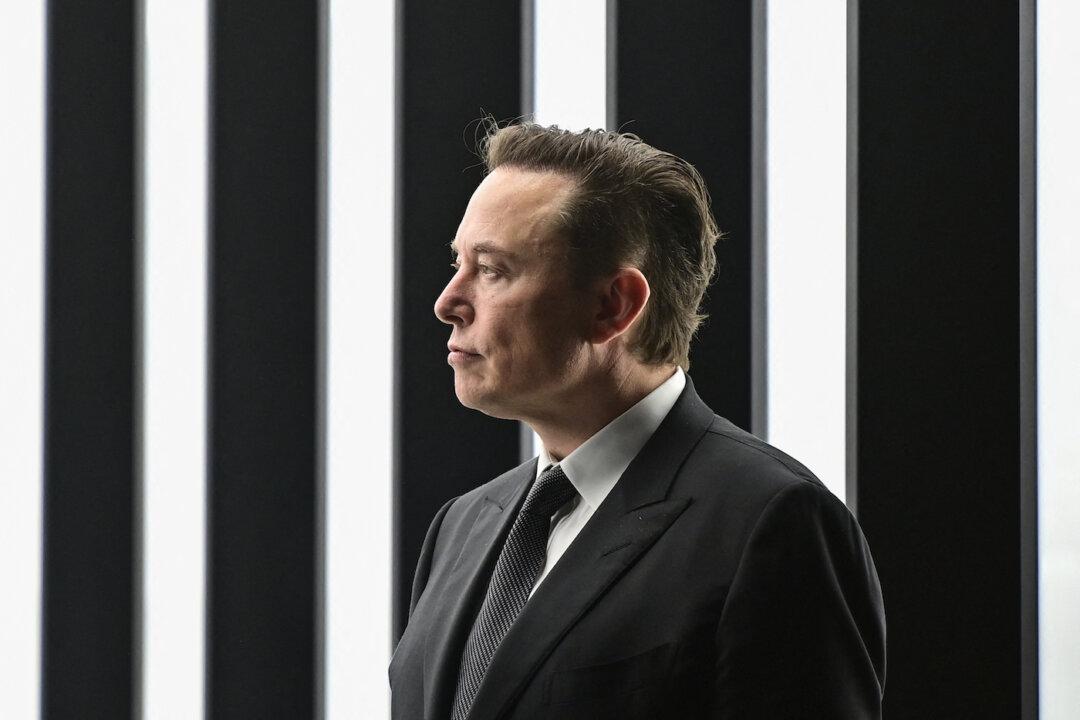Tesla and SpaceX CEO Elon Musk this week made headlines by becoming Twitter’s largest shareholder and joining its board of directors. Conservatives hope Musk will use significant influence to restore free expression on Twitter and possibly reinstate former President Donald Trump’s account.
Lifting the ban on Trump’s Twitter page will be “a litmus test for change” in the social media platform, according to Bill Flaig, who runs an investment fund that invests in companies supporting conservative values.





